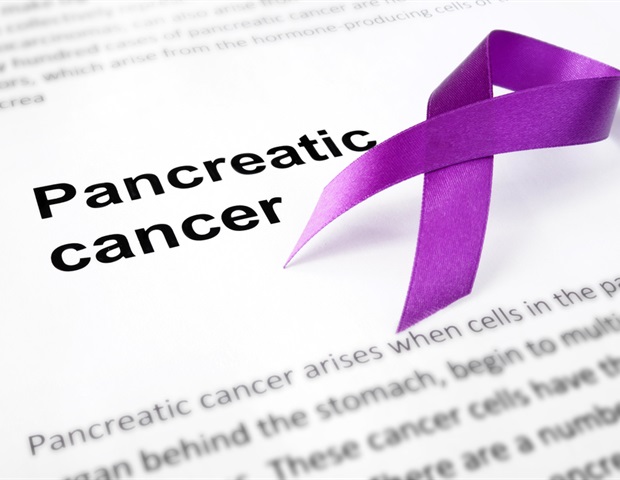Researchers at the Garvan Institute of Medical Research have identified a potential new therapeutic target for pancreatic cancer, one of the most lethal cancer types with limited treatment options. Published in the journal Science Advances , the study shows that blocking the molecule nidogen-2 enhanced the effectiveness of chemotherapy and reduced the cancer's spread in mouse models. The team discovered that nidogen-2 reduces the dense scaffolding tissue within pancreatic tumors, which is a major barrier to treatment and contributes to the cancer's well known chemotherapy resistance.
"Our findings suggest that lowering nidogen-2 could improve the way we treat pancreatic cancer and lead to significantly less metastasis – which is one of the main causes of death in pancreatic cancer," says Dr Brooke Pereira, co-first and co-corresponding author of the study and Senior Research Officer at Garvan. Pancreatic cancer is an aggressive disease with a five-year survival rate of just 12%, largely because it is often diagnosed at an advanced stage and can resist conventional treatment options. To identify new therapeutic targets, the Garvan researchers used an innovative technique called tissue decellularization, which removes all the cells from a tumor sample, but retains its scaffolding components, otherwise known as the extracellular matrix.

By comparing the scaffolds of mouse tumors that metastasize with those that don't, they discovered that the molecule nidogen-2 was elevated in.























